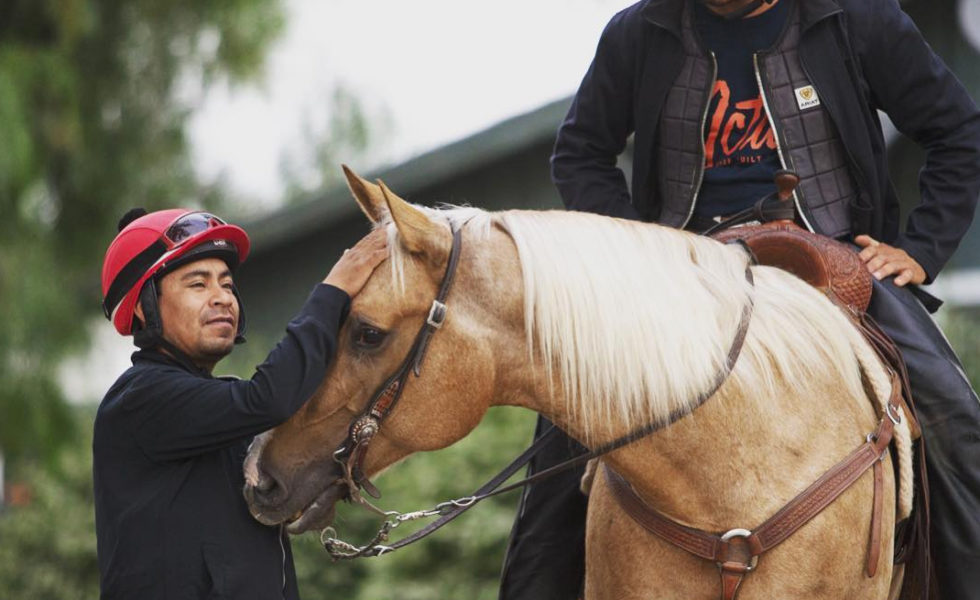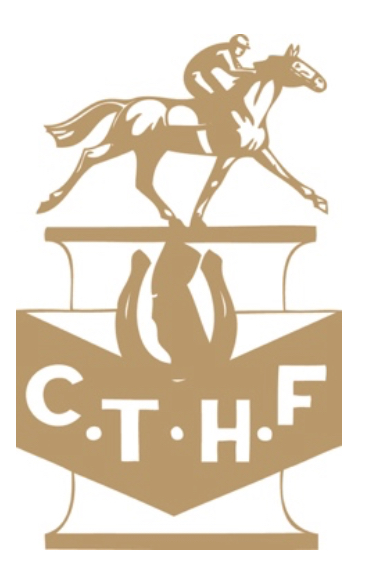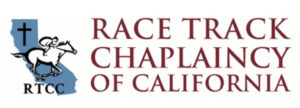
Photo by Zoe Metz
To Our Racing Community:
At this time of uncertainty, we know owners are going through unprecedented times. What has been amazing through this are all the phone calls, emails and texts from owners concerning not themselves but our backstretch community. Racetracks have implemented new safety protocols and best practices in attempts to stop any spread of COVID-19. A key component in keeping our thoroughbreds safe and cared for is a healthy backstretch community. The backstretch workers are the backbone of our industry, who often put the health of their horses above themselves, but they are also the most vulnerable members of our racing community during this pandemic.
We are fortunate that California racing has in place some wonderful organizations that are continuing to minister to the physical, medical, mental, and spiritual needs of our backstretch workers. These organizations will become even more vital during the coming weeks as the racing community strives to care for its own people and prevent widespread disruptions in training. Unfortunately with the reduction in racing, these organizations are severely challenged due to reductions in funding.
We encourage you to consider making a donation to one or more of these important organizations, which you can do by simply clicking on the links below.

CTHF (California Thoroughbred Horsemen’s Foundation) is a 501-c-3, non-profit foundation which supports over 3,000 CHRB-licensed backstretch workers and their families by providing medical and dental services to a population that has few alternative medical resources to turn to. They have been rendering these services for over 35 years, with clinics at Santa Anita, Golden Gate Fields, and Los Alamitos.
With the recent cessation or racing at both Santa Anita and Golden Gate Fields, by order of the respective local Health Departments, they are now operating at a large financial deficit, that grows with each passing week.
Nevertheless, their clinics remain open for business and their focus remains on caring for the backstretch workers, who are continuing to report to work every day to take care of the horses they love.

Supported by all of California’s racing associations (and individual donors), the Winners Foundation has a presence at every track in the Golden State, helping front and backside employees troubled by alcohol, drugs, or gambling problems, as well as mental illnesses.
The Winners Foundation provides a vital service to the California horse racing community, with a large referral base and relationships with a myriad of mental health and substance use disorder treatment facilities including both inpatient and outpatient, city and county services, sober living environments and mental health practitioners. All arrangements and referrals made by Winners are at no cost to the employee or his/her family member, and confidentiality is paramount.
The reduction in racing as a result of the coronavirus pandemic has severely impacted funding for these important programs. During these difficult times, Winners Foundation remains open for business with new reduced hours of operation (8:00 to 2:00 Monday through Friday) during which reduced staff is present on site. They are committed to taking every precaution that has been communicated by the CDC in dealing with anyone who decides to drop by their trailer during the posted times. They are also utilizing FaceTime, telephone, and other apps to communicate with their clients and may be contacted by cell phone any time.

The Race Track Chaplaincy of California is a nonprofit 501(c)(3) organization focused on the spiritual, emotional, physical, social, and educational needs of those persons involved in all aspects of the horse racing industry. RTCC provides a host of services at Santa Anita, Del Mar, and San Luis Rey. Some of our prime duties are:
– Walk shed rows, offices, and grounds daily to check on the wellbeing of all employees and their families.
– Visit the sick and injured workers in hospitals and provide follow up care.
– Provide food, clothing, transportation, and support services to workers in need.
– Provide onsite educational programs in English and GED as well as school supplies for children.
– Daily prayer with jockeys, gate crew, trainers, and grooms for the safety of race track people and horses.
– Perform Interdenominational church services, crisis, grief and family counseling, marriages, funerals and emotional support to all.
– Provide a trailer on the back side for workers to collect food, clothing and a place to rest.